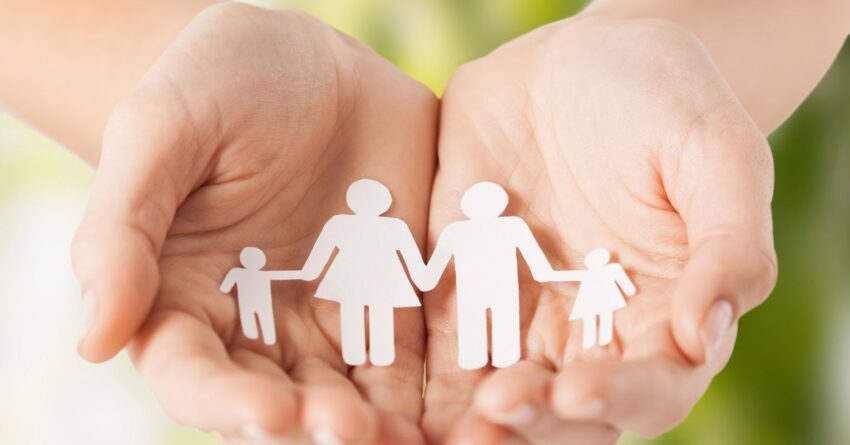The emotional burden of infertility is well documented and certainly deeply felt by those struggling to build their families. Recent cases like the Alabama Supreme Court’s ruling that frozen embryos are legally children, and that those handling the embryos could be held civilly or criminally liable for their destruction, dumbfounded many in the medical and scientific assisted reproductive technology (ART) communities, while also sending shockwaves through the 1 in 6 people experiencing infertility.
Since the ruling, Alabama lawmakers moved to protect IVF treatment with bills, but with no existing legal protections for IVF, it begs the question: Where does this leave the millions of people struggling with infertility today, not just in Alabama, but across the nation?
According to a statement issued by RESOLVE, the National Infertility Association, “Most Americans – 85 percent of adults – are in support of increasing access to fertility treatments. But access to IVF will only decrease if misguided regulations supersede medical best practices – this safe and essential care will become more expensive and more dangerous for those already carrying the financial, physical and emotional weight of infertility.” [Note: I am a member of RESOLVE’s board.]
Infertility Is a Disease
According to the World Health Organization, infertility is a disease of the male or female reproductive system that affects millions of people of reproductive age worldwide. From ovulatory disorders to endometriosis, a myriad of factors can contribute to infertility, affecting both men and women. A wide range of people seek medical assistance for infertility, ranging from same-sex couples yearning for a biological connection to single individuals hoping to realize their dream of having their own family. Cancer survivors, too, seek medical assistance to build families, as well as those with many other types of medical conditions.
Assisted reproduction technology (ART) such as in vitro fertilization (IVF) has been available for over three decades to treat this disease, with more than 5 million children born worldwide from ART interventions. Now, those suffering with this disease are learning that the access to the care they need to treat infertility – and build a family – could potentially be viewed as illegal.
The Emotional Burden of Infertility and Treatment
Navigating infertility is a complicated journey that affects every aspect of life – physical, emotional, social, and financial. The weight of this challenge is felt deeply. Receiving the diagnosis and engaging in the constant uphill battle can also have psychological consequences, including depression, anxiety, anger, grief, guilt, helplessness, and isolation. (Pasch et al. 2016; Ramezanzadeh et al. 2004; Rooney et al. 2018).
Infertility is experienced as a stressful life crisis and has been compared to cancer, AIDS, and other devastating diseases. (Domar, A., et al., 1993). Infertility can also have lasting effects on a person’s self-esteem and their relationships with others. As Vaughan et al. (2020) reported, even during a COVID-19 surge in the Boston area, infertility continued to be the primary stressor reported by research participants.
The Relationship to an Embryo is Deeply Personal
Whether being viewed as a symbol of partnership, a potential offspring, or simply a collection of cells, the significance of embryos’ fate is deeply personal. Amid the complex nature of people’s fertility journeys, there is a need to recognize the intense emotions that can arise from the fate of these embryos being threatened.
Until federal protections are in place providing freedom to build families, already overwhelming feelings of anxiety, guilt, and helplessness among those with infertility experience will only intensify. That’s why it is important to acknowledge and validate the emotions of those affected – and give them the agency to define their reproductive journey amid the uncertainty.
